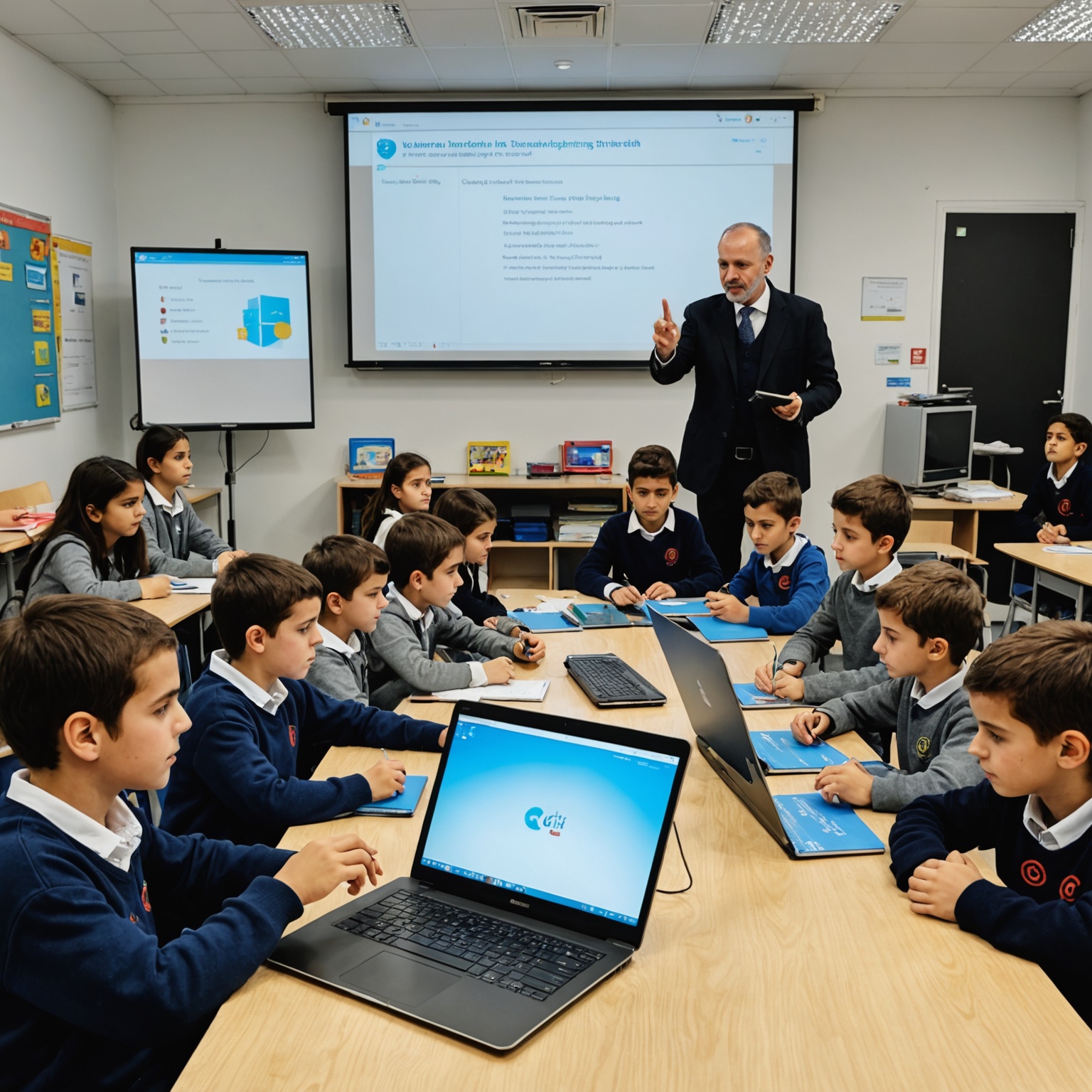Turkey's 2023 Educational Technology Integration: Goals and Challenges

Turkey's 2023 Educational Technology Integration: Goals and Challenges
In 2023, Turkey embarked on a significant journey to revolutionize its educational landscape by integrating advanced technological solutions. This initiative aims to enhance educational quality, accessibility, and engagement through state-of-the-art technologies. However, like any major reform, this integration faces several challenges that need meticulous planning and execution to overcome.
The Vision Behind Turkey's EdTech Revolution
Turkey's educational authorities have set forth a vision that encapsulates the transformation of traditional classrooms into dynamic learning environments. This vision includes the utilization of digital tools to foster a more interactive and personalized learning experience. Key components of this vision are the widespread adoption of digital textbooks, interactive learning modules, and AI-driven personalized learning paths.
By integrating technology in education, Turkey aims to prepare its youth for a digital future, bridging the gap between education and the evolving job market. The initiative also seeks to promote inclusivity, ensuring that students from all backgrounds have equal access to quality education and new learning tools.
Core Objectives of the Technology Integration
The primary goals of Turkey’s educational technology strategy include improving digital literacy, enhancing student engagement, and increasing educational accessibility. The government plans to equip schools across the country with high-speed internet, interactive whiteboards, and digital projectors to support these objectives.
Another significant goal is to train educators to effectively use these technologies. This involves not only technical training but also pedagogical training to adapt teaching methods to the digital age.
Challenges to Overcome
Despite the clear benefits, the integration of technology in education comes with its set of challenges. One of the main hurdles is the significant financial investment required to equip schools with the necessary technological tools. Additionally, there is the challenge of ensuring that all educators are adequately trained and comfortable with using new technologies.
Further, disparities in access to technology between urban and rural areas could exacerbate educational inequalities if not addressed properly. Ensuring consistent and reliable internet connectivity across all regions remains a critical challenge.
Strategic Steps for Successful Implementation
To ensure the successful implementation of educational technology, Turkey must adopt a phased and inclusive approach. Initial steps should include pilot programs to identify potential issues and gather feedback from educators and students alike.
Collaboration with tech companies to provide cost-effective solutions and training programs can also play a crucial role in the seamless integration of technology in schools. Furthermore, ongoing support and updates to the technological infrastructure must be ensured to keep pace with global advancements in educational technology.








